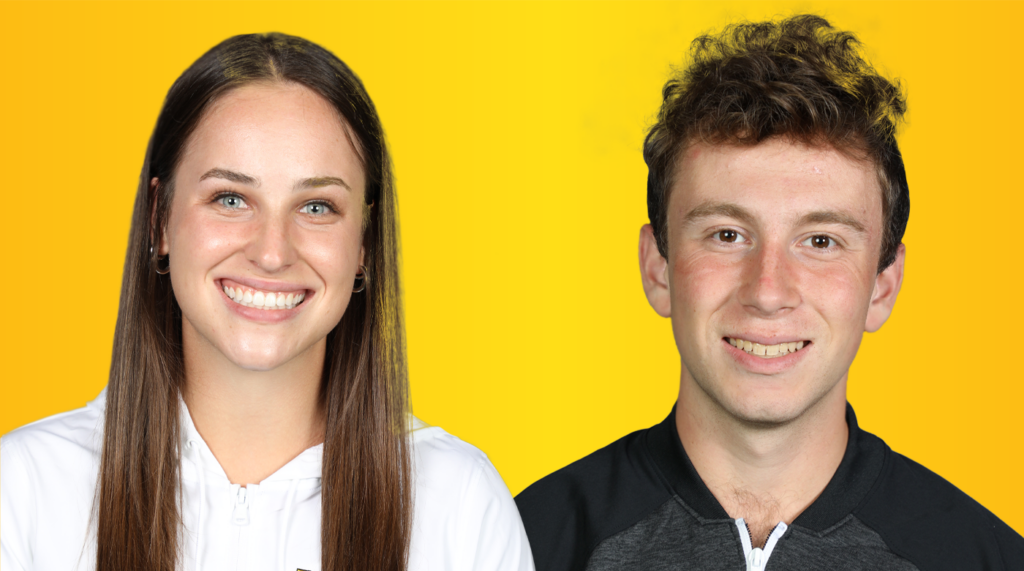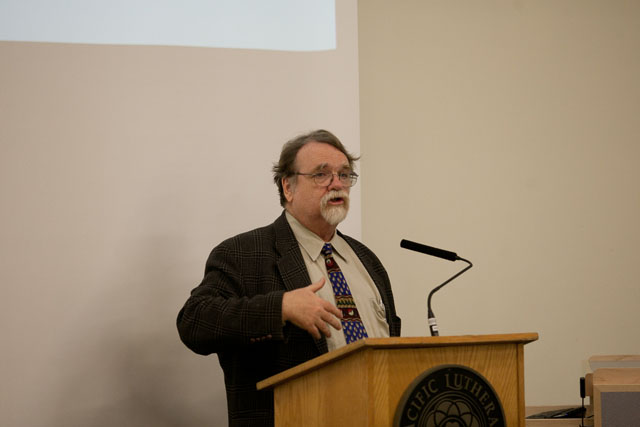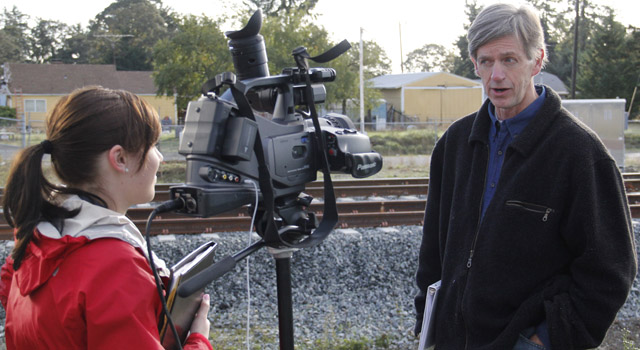Page 49 • (930 results in 0.019 seconds)
-
interconnectedness (these processes can be social, artistic, literary, political, religious, economic, and/or environmental) Become involved citizens, both locally and globally For more information, go to the Wang Center for Global and Community Engaged Education home page.
-

Q&A with Student-Athlete Advisory Committee Students share how PLU has impacted their lives Posted by: vcraker / November 5, 2021 November 5, 2021 PLU’s student-athletes understand what it means to be part of a team. They learn how to build on their teammates’ strengths, overcome failure and achieve collective goals. We spoke with Student-Athlete Advisory Committee (SAAC) officers Danny Samson ’22 and Bridget Duven ’22, both political science majors, about the impact athletics has on their
-
can a figure be understood for what it expresses and communicates to the people who made it, and the context in which it is used, whether religious, social, educational, political or economic.Figures Yoruba Agere IfaBongo Grave postLobi 1Lobi 2Mossi Ninana PostMoba Tchitcheri Shrine Figure
-

previously studied in classes on PLU’s campus—a very exciting prospect. The study away class includes both art majors and minors as well as students enrolled in PLU’s International Honors (IHON) program. This experience will encourage students to take a critical look at the way that museum collections and exhibitions are intertwined with things like national cultural identity, political goals, and education. Students are challenged to be curious about the ways that art, architecture, archaeology, and
-
and political zone. They offer an artistic way to explore and grapple with the complex legacies of conflict, labor camps, colonialism, and nationalism as well as the opportunities and challenges of contemporary life in the region. In this talk, I propose reading Mediterranean waterscapes and geographic landscapes through comics of colonial conscripts (Senegalese tirailleurs and Moroccan goumiers) and WWII refugees. I coin Mediterranean bande dessinée of mobility and internment as a reference to a
-
history, literature or art. Similarly, a course in anthropology on Africa’s religious pluralism might also include perspectives on the topic from other disciplines, such as history, economics or literary studies. Historical and Internationally Focused Study: IHON courses ask students to recognize the cultural and historical contexts that shape every artistic, economic, philosophical, political and religious creation. Course themes are also situated internationally, that is, course material is drawn
-
orthodoxy contributed to the Thirty Years’ War; the free thinking of German Lutheran professors had little impact upon Prussian militarism; Lutheran culture contributed to political quietism during the Nazi period. At the same time, Lutheran colleges established by immigrants in the United States came to inherit more fully the freedom of inquiry that was the birthright of the European universities and Lutheran higher education. The Lutheran intellectual tradition, consequently, has lent a highly
-
described it, he “pushed the re-set button.” He decided to earn his master’s – then his Ph.D. – in European history. And soon thereafter, he found himself back at his alma mater teaching about Martin Luther and Reformation Germany (and writing books about the subject, of course). He realizes it is an odd combination: Not many people are experts in cutting-edge computer programming and 500-year old political and religious history. He’s also aware that some people might suggest that, in studying 16th
-

keynote address on three problems in food ethics from Paul B. Thompson, the W.K. Kellogg Chair in Agricultural, Food and Community Ethics at Michigan State University. About 50 students, staff, professors, and community members turned out for the event, including junior Political Science and Global Studies double major Kenny Stancil. “Food is just one of my general academic interests,” Stancil said. “I was intrigued when he pointed out both Singer and Sen’s frameworks for thinking about food ethics
-

at universities along the Cascadia corridor, and at the Pacific Northwest Economic Region (PNWER) 2012 Annual Summit in July in Saskatoon, Saskatchewan. “It’s been an eye-opening experience,” said Rose. “I never knew the complex issues that surrounded transportation investments in our country and how much public demand played into that.” Anderson, a communication major concentrating in journalism, and Rose, a political science and global studies double major, are members of PLU’s MediaLab
Do you have any feedback for us? If so, feel free to use our Feedback Form.


